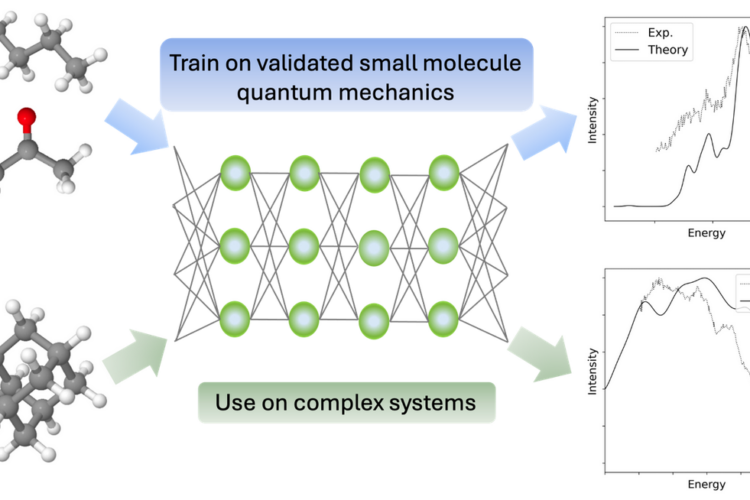Adam Fouda
RESEARCH:
Complex autoionization processes following x-ray-matter interactions involve the ejection of electrons via the decay of unstable states created by the x-rays. This fundamental process affects the determination of structure and its temporal evolution across the biological and physical sciences. Three examples include:
- Metal atoms, acting as crucial reactive centres in proteins, are highly susceptible to radiation damage by x-rays. The resulting electronic rearrangements on ultrafast timescales is the limiting factor to structural resolution in metalloprotein x-ray crystallography.
- Autoionization is the dominant decay pathway following x-ray absorption in light elements such as carbon, nitrogen and oxygen. The high detection yields of the ejected electrons provides a powerful observable for sophisticated experiments using attosecond x-ray pulses to study real time charge transfer dynamics.
- Radionucleotide decay creates the unstable states which undergo analogous autoionization processes to those induced by X-rays. Novel highly-targeted cancer therapies are exploiting the ejected electrons’ short travel distances in aqueous environments, to selectively damage tumour cell-membranes whilst minimizing damage to surrounding the environment.
Thus far, the complex nature of x-ray induced autoionization limits quantum molecular simulations to isolated molecules and simple condensed phase systems. The goal of Fouda’s research is the development of AI applications accelerating both the predictive and analytical strength available for x-ray induced autoionization simulation.
BIO:
Adam Fouda is a Schmidt AI in Science Postdoctoral Fellow based in the Department of Physics at the University of Chicago. Before moving to Chicago, Fouda completed Chemistry MSci and Computational Chemistry PhD degrees at The University of Nottingham (UK). This led a postdoctoral position in the Atomic, Molecular and Optical Physics Group at Argonne National Laboratory. Fouda’s broad research interests include the development of computational methods for predicting and interpreting molecular x-ray spectroscopy experiments.

